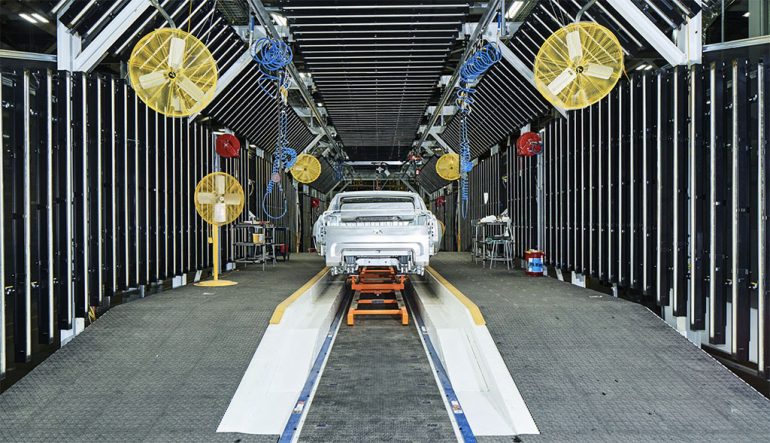
The Biden administration has recently issued long-awaited guidance that outlines limitations on Chinese content in batteries eligible for electric vehicle (EV) tax credits starting in 2024. This move is seen as a significant step to reduce dependence on Chinese materials in the U.S. electric vehicle battery supply chain.
As per the guidance, the U.S. Treasury will temporarily exempt certain trace critical minerals from new strict rules that would otherwise restrict materials from China and other nations labeled as a “Foreign Entity of Concern” (FEOC). This exemption is a temporary relief for automakers and is expected to last for two years. The exemption is particularly aimed at trace materials, and the Treasury notes that these materials account for less than 2% of the value of battery critical minerals.
Also, don’t forget that you can get discounted new car pricing with a free quote through qualified local dealer partners.
The new rules, mandated by an August 2022 law, are designed to shift the U.S. electric vehicle battery supply chain away from Chinese influence. Automakers are closely monitoring these regulations as they make critical investment decisions related to the production of batteries for their electric vehicles.
The Alliance for Automotive Innovation, representing a majority of major automakers, expressed support for the temporary exemption, stating that without it, a significant portion of vehicles could have become ineligible for tax credits. The exemption is expected to provide breathing room for automakers to adjust their supply chains and meet the evolving regulatory requirements.
The rules categorize a company as a FEOC if it is owned or controlled by a named foreign government, with countries like North Korea, China, Russia, and Iran falling into this category. Companies may also be deemed ineligible if an entity of concern holds a substantial stake, such as 25% of the entity’s board seats, voting rights, or equity.
While the rules are aimed at reducing dependence on Chinese materials, they may also lead to a reduction in the number of electric vehicles eligible for EV tax credits. Earlier regulations stipulated that vehicles not assembled in North America were immediately ineligible. Additionally, new battery and mineral sourcing requirements with price and buyer income eligibility caps came into effect at the beginning of the year.
Senator Joe Manchin, the chair of the Energy Committee, has been an advocate for stringent standards in reducing reliance on Chinese materials. He highlighted China’s dominance in global cathode, anode, and lithium-ion battery cell production, emphasizing the need for a robust and independent U.S. supply chain.
To facilitate a smooth transition for automakers with compliant supply chains, the Treasury announced an expedited compliance method that will allow qualifying vehicles to benefit from tax credits until the rules are finalized. The automotive industry is expected to navigate these evolving regulations as it continues its shift towards electric vehicles and sustainable supply chains.
Source: Reuters
